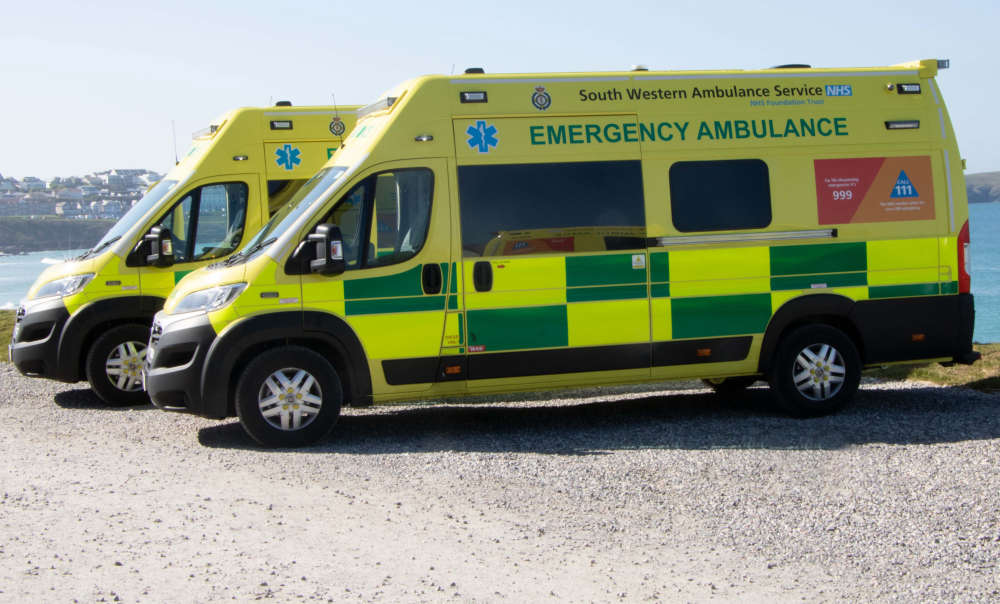
Devon County Councils Health and Adult Care Scrutiny Committee this week urged the ambulance service to ‘think again’ on their plans to replace fire and rescue co-responders with trained volunteers.
The committee will now write to the board, Chair and Chief Executive of the South Western Ambulance Service NHS Foundation Trust (SWASFT) asking them to reconsider the proposals.
Currently, SWASFT commissions on-call fire-fighters in Devon and across the region to ‘respond’ to medical emergencies – they are first on the scene and bridge the gap until paramedics arrive.
SWASFT says that the changes aim to improve response times in all areas; but councillors at our scrutiny committee in July expressed a number of concerns and asked for more information.
And this week representatives from SWASFT returned to the committee, confirming that they had met with counterparts in the fire service.
Dr John Martin, SWASFT’s chief executive, said that as a result their initial aim, to begin phasing out the fire co-responders service within 12-months, had been reconsidered and it would now take ‘as long as it takes.’
“If it takes eight years, it takes eight years,” he added.
He said: “(We)…will continue with plans to increase the number of Community First Responders across the South West whilst committing to not exiting any Fire Co-Responding scheme until appropriate backfill arrangements are in place. “
The exception to this, he said, were stations in Lynton, Woolacombe, Princetown and Combe Martin, where a total of nine patients had been attended to since January.
In those cases, lifesaving equipment would now be ‘re-purposed’ and made available for use by the community co-responders.
Committee members said they still had ‘serious concerns’ over response times, particularly in remote rural communities, a lack of ‘robust’ data to support the changes, and lack of consultation with the communities that would be affected.
Councillor Jess Bailey is Chair of the Health and Adult Care Scrutiny Committee, which has the statutory right to challenge the decisions taken by NHS bodies and the health service in Devon.
The committee’s role is to provide democratic accountability and oversight.

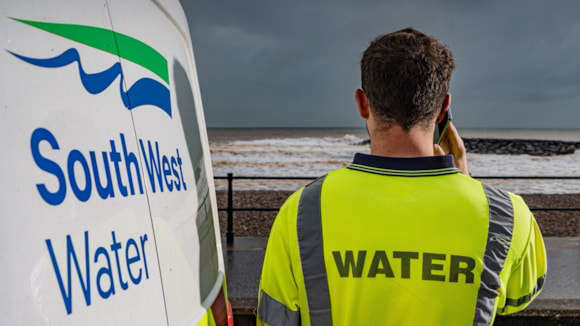 New CEO named for South West Water and Pennon Group
New CEO named for South West Water and Pennon Group
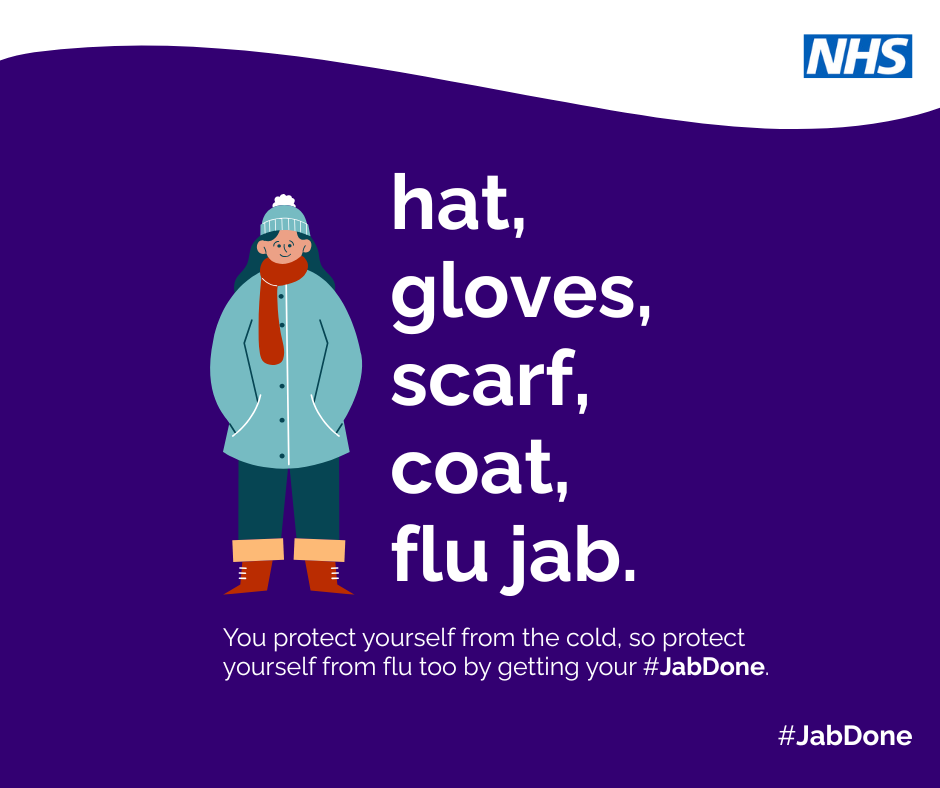 Get your flu vaccination now before winter illnesses arrive
Get your flu vaccination now before winter illnesses arrive
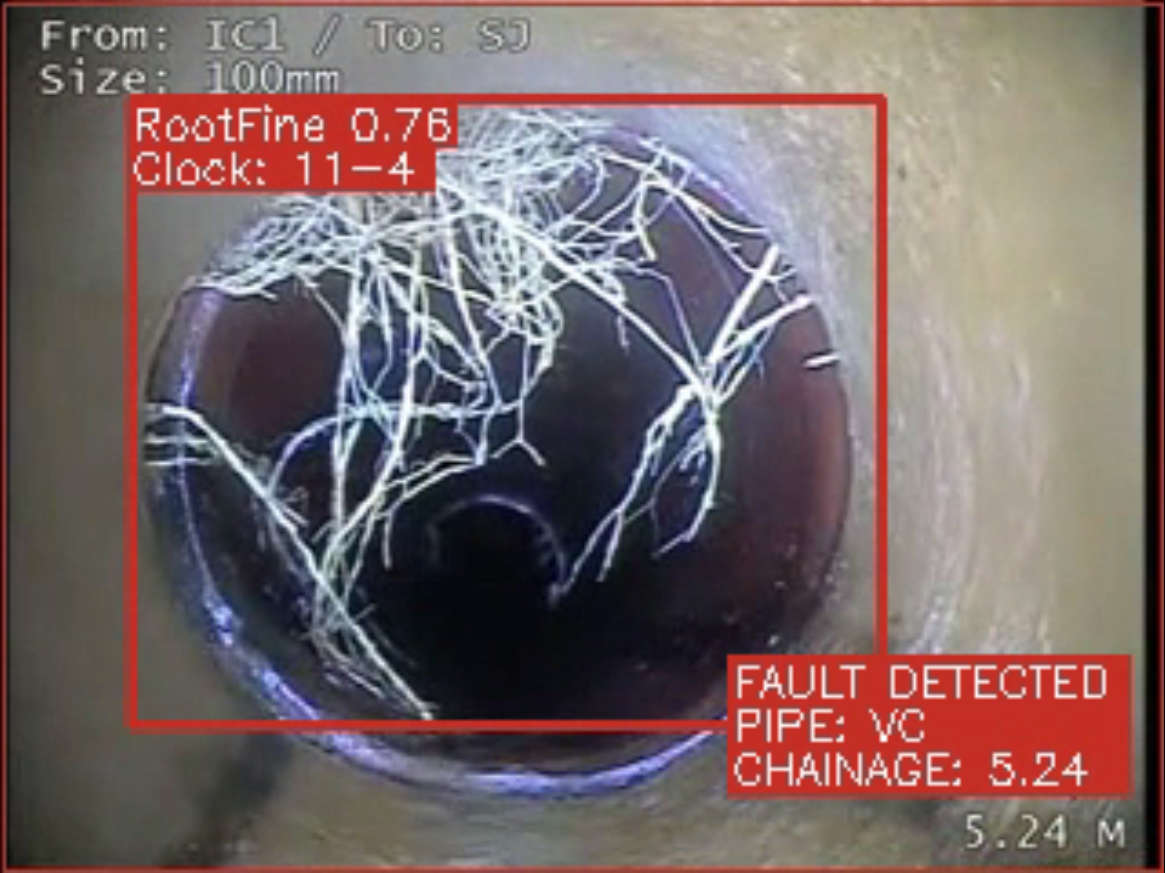 12,000 extra ‘pairs of eyes’ - How AI helps South West Water unblock the pipes
12,000 extra ‘pairs of eyes’ - How AI helps South West Water unblock the pipes
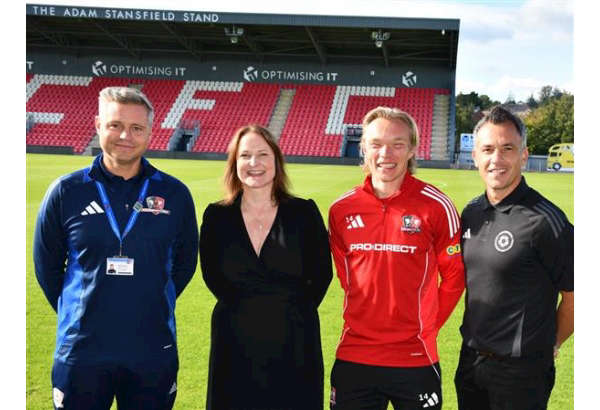 Pioneering new support to deter young people from crime
Pioneering new support to deter young people from crime










